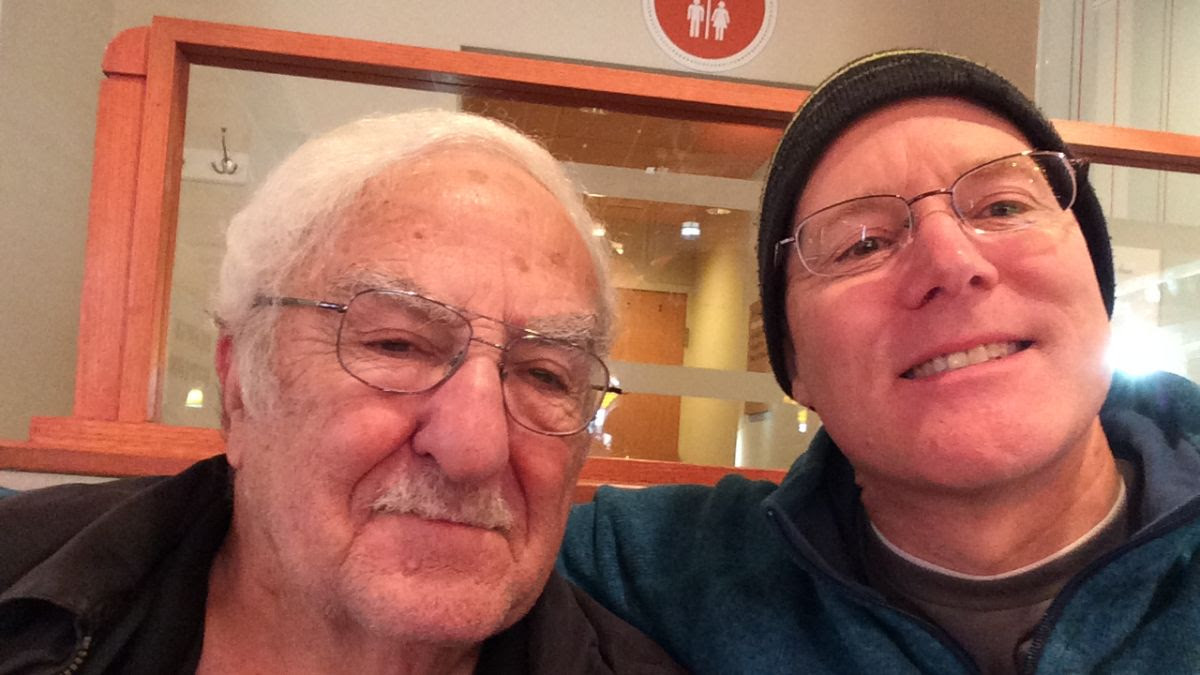Let's Get Down To Business!
I hope your January is going OK so far. As I write this week's blog post, I am in Denver visiting my dad. Dr. Sue is back in Indiana and I am really hoping she will have the driveway cleared before I get back tomorrow (Sunday)! We are starting out this year with a short series on realistic ways to get and stay healthy, as opposed to all the quick fixes and miracle results promised around this time of year.
We are going to look at four different parameters:
- Rest
- Exercise
- Sound Nervous System
- Diet/Nutrition
Let's start things off with looking at the impact stress has on a Sound Nervous System.

Healing, Physiology and The Stress Connection
In the early part of the last century, there was a famous medical doctor named Hans Selye. As a young doctor in school and early practice, he was struck by how many disease states were difficult to identify until the later stages of the disease.
Essentially, he found the body's response to most illnesses was fundamentally the same and it wasn't until late in its progression that the Body manifested unique, identifiable signs.
In a sense, doctors knew you were sick, but weren't sure why! This led him to go on and research this topic for many years, and, ultimately, Dr. Selye was one of the pioneers of the impact stress (both positive and negative) has on our health. One of his greatest contributions was the concept of the General Adaptation Syndrome,or G.A.S.
One of the key points of the G.A.S. is our bodies go through stages when they encounter a stressor (illness, death of a loved one, birth of a baby, etc.; Selye didn't define stress as positive or negative).
Most people have an acute reaction to stress: elevated heart rate, lowered immune response, anxiety, fatigue, aches and pains, maybe catching a cold. If the stressor is short-lived, then the body pretty much recovers as expected.
However, if the stressor is not removed, something very interesting begins to happen. For a period of time (even months), the individual can show signs of recovery and appear to be handling things remarkably well. What is really happening under "the hood" though is they are living off of their stress hormones.
Stress hormones are really made for short bouts of insult and then they need a recovery period to replenish. If the individual never goes into a recovery period, they "burn out" the system. When you burn out the system, you can have a hard crash, resulting in disease states like cancer, ulcers, autoimmune diseases, etc. There is a great review of the G.A.S. in Medical News Today that is well worth the read.

Go Hug A Tree
So, if chronic stress literally "burns out" our nervous system and makes us sick, how do we deal with things like the death of a loved one, the birth of a baby or the loss of a job?
Good Question!
The strain of these events can often impact us well into the future, and, in some cases, our lives will never be the same again.
Part of the reason I came out to Denver was to go with my dad to his first visit with a new chiropractor, Dr. Jenna. She was a delightful young doctor. She spent a lot of time with my dad getting a full history, part of which included the impact the loss of my brother (his son) and my uncle (his brother) had on his life and health. She proceeded to do a very thorough evaluation of his spine and then gave him an excellent adjustment. At the end of our time, with my dad sitting on a chair and she on the adjusting table, she said "Now, what are we going to do about your stress?" She hadn't forgotten the conversation earlier and didn't pass over the impact it could be having on my dad's health... and, more importantly, she called him to take accountability!
I was very impressed (and a little ashamed at this young doctor addressing things I too easily pass over). My dad talked about a few things he was doing (a Williams family trait: we don't deal with some of the hard stuff, we just keep soldiering on). Dr. Jenna acknowledged those efforts and, at that point, encouraged my dad to get outside, walk around barefoot (this wasn't lost on me, as I looked out the window at the snow falling at a rapid rate), and get in contact with nature.
Then she said, "You know... hug a tree!"
Dr. J, you were doing so well! Don't ruin it!
Now my dad is pretty open minded about a lot (more so than me), but he was ROTC, active duty for six months and in the reserves for awhile. But, outside of a big beard and a gold chain in the 70's, I wouldn't have pegged him as the Tree Hugger Type. But, you know what? As I sat there and watched, he nodded... he got it! He recognized his system had been tied up pretty good and he needed to let it unwind in order for his system to take a step toward healing. Good job, Dad, and good job, Dr. Jenna!

Al and Number Two of Four Sons
It was really good to see my dad and catch up with my brothers, family and friends. In fact, it took my stress physiology down a few notches! The visit with my dad to the chiropractor reminded me that healing really is an inside job. We can't avoid stress in life, but we can counteract and offload it along the way. That starts with recognizing the relationship between stress, and our health and nervous system. Next week, we will cover some ways to offload stress on a regular basis!
Yours in Health,

Care Chiropractic
Lafayette, Indiana